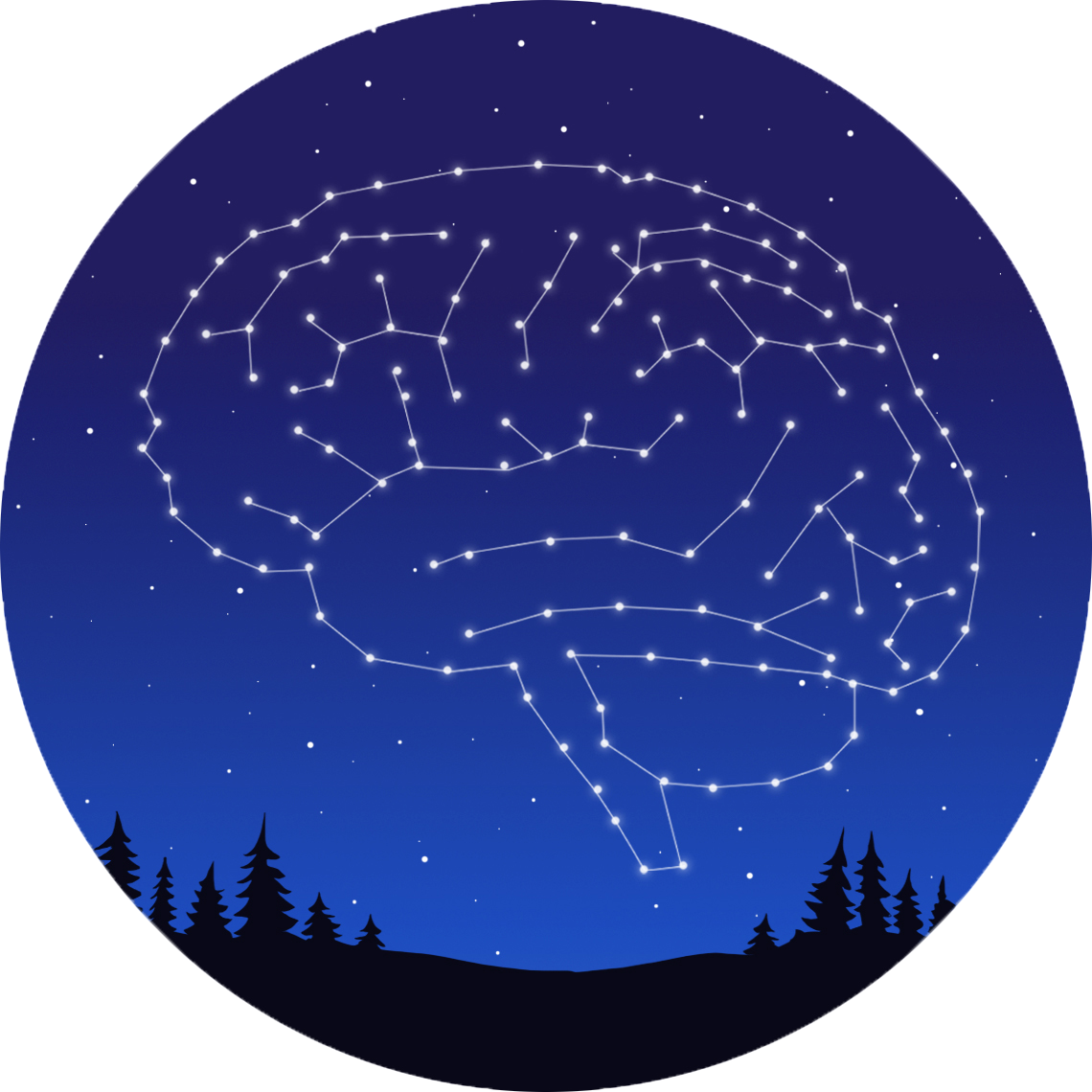Staying Fit


In the modern medical world, when someone is diagnosed with a disease, the usual first step is to be prescribed a well-proven medicine (or two) as a remedy. If only that were the case for dementia and its most common cause, Alzheimer’s disease.
Dementia is a condition of cognitive decline bad enough to interfere with the ability to perform daily tasks, such as managing money. Our lack of a full picture of the causes of dementia has made it frustratingly difficult to develop medicines that stop the disease, let alone reverse its progress.


AARP Membership— $12 for your first year when you sign up for Automatic Renewal
Get instant access to members-only products and hundreds of discounts, a free second membership, and a subscription to AARP the Magazine.
“While there have been drugs around for decades, they are designed for the treatment of symptoms, and their effects are modest,” says James Leverenz, M.D., director of the Center for Brain Health at the Cleveland Clinic.
Of the various types of dementia, most of the drug development work has focused on treating Alzheimer’s, which accounts for 60 to 80 percent of dementia cases. Today, 6.7 million Americans are living with Alzheimer’s disease. The past two years have been encouraging, as several drugs have shown some effectiveness in clinical testing in people at the early stages of Alzheimer’s disease (not to be confused with early onset Alzheimer’s, which occurs before age 65).
The drugs appear to slow the progression of disease, but each comes with drawbacks.
As research moves some new drug options to the forefront, there are also studies pointing to lifestyle changes that can help prolong everyday function and improve behavioral and psychological symptoms of the disease.
Below is a look at the medications currently available, and what's on the horizon.
FDA-approved medications to slow Alzheimer’s
Only two drugs have been approved that target some of the proteins that build up in the brains of Alzheimer’s patients. Both approvals came with some caution, and one of the drugs, Aduhelm (aducanumab), is no longer available. Aduhelm got conditional FDA approval in 2021, but was discontinued by its maker, Biogen, in late January.
Leqembi (lecanemab) is a monoclonal antibody that received full FDA approval in July 2023. The drug binds to the amyloid plaques that build up in the brains of people with Alzheimer’s disease. Leqembi flags the plaques for removal from the brain. It’s thought that these plaques cause damage to the parts of the brain that are important for memory, thinking, learning and behavior.
Leqembi is given as an IV infusion once every two weeks at a doctor’s office. In a phase 3 study, its makers, Eisai and Biogen, showed that Leqembi reduced the level of amyloid plaques while also slowing the rate of cognitive decline by 27 percent over an 18-month period in patients in the early stages of Alzheimer’s.
“It doesn’t stop the disease, and it doesn’t make people get better, but it slows down the rate where people get worse,” says Ronald Petersen, M.D., director of the Mayo Clinic Alzheimer’s Disease Research Center.
There are some important limitations on use of Leqembi.





































































More From AARP
10 Foods With More Protein Than an Egg
Members Only: Check out how food decisions may influence your brain health at AARP® Staying Sharp®
Does Medicare cover dementia and Alzheimer’s drugs?
Medicare covers tests and drugs, not custodial care
What Is Dementia?
It’s an umbrella term for a loss of memory and thinking skills that has various causes, symptoms and treatmentsRecommended for You